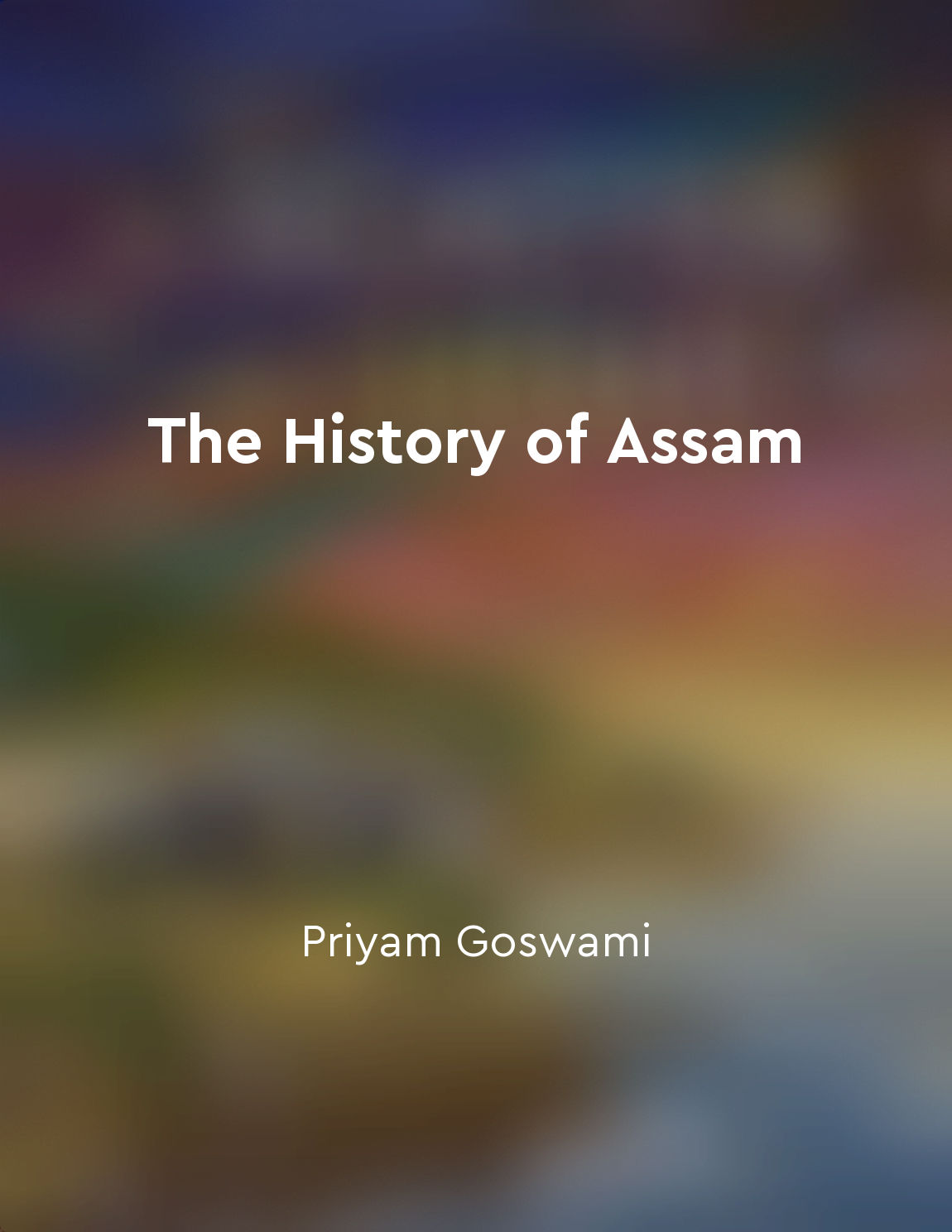Initiatives to enhance educational opportunities for Scheduled Castes from "summary" of Report of the Committee on Untouchability, Economic and Educational Development of the Scheduled Castes and Connected Documents, 1969 by India. Committee on Untouchability, Economic and Educational Development of the Scheduled Castes
The Committee has identified various initiatives that can be undertaken to improve educational opportunities for Scheduled Castes. One such initiative is the establishment of residential schools specifically for Scheduled Caste students. These schools would provide a conducive learning environment free from discrimination and prejudice, enabling students to focus on their studies without facing social barriers. In addition to residential schools, the Committee has recommended the introduction of scholarship programs for Scheduled Caste students. These scholarships would help alleviate financial barriers that often prevent students from pursuing higher education. By providing financial assistance, these programs would enable more Scheduled Caste students to access quality education and realize their academic potential. Furthermore, the Committee has emphasized the importance of improving the quality of education in schools attended by Scheduled Caste students. This includes hiring qualified teachers, providing adequate resources, and implementing inclusive curriculum that reflects the diversity of Indian society. By ensuring that schools provide a high standard of education, students from Scheduled Castes can receive the same opportunities as their peers from other communities. Another key initiative proposed by the Committee is the establishment of vocational training programs for Scheduled Caste youth. These programs would equip students with practical skills and knowledge that can lead to employment opportunities and economic empowerment. By combining academic education with vocational training, Scheduled Caste students can develop a well-rounded skill set that prepares them for success in the workforce.- The initiatives recommended by the Committee aim to address the systemic barriers that prevent Scheduled Caste students from accessing quality education. By implementing these measures, the government can create a more inclusive and equitable educational system that empowers Scheduled Caste communities and promotes social mobility.
Similar Posts
The influence of Hinduism on art and architecture
Hinduism has had a profound impact on art and architecture, shaping the creative expressions of civilizations across the Indian...

The connection between Hinduism and Indian identity
Hinduism has played a central role in shaping Indian identity over the centuries. It is not just a religion but a way of life t...
The struggle for gender equality remains a key issue in South Asian societies
Gender equality in South Asian societies continues to be a pressing concern, with women often facing discrimination and margina...

Assam's festivals showcase its cultural vibrancy
Assam's festivals play a crucial role in highlighting the rich cultural heritage of the region. These festivals are a vibrant r...
Dr. Ambedkar believed in the power of education and empowerment to bring about social change
Dr. Ambedkar's firm conviction lay in the transformative potential of education and empowerment to drive societal transformatio...

Constitution is a living document that evolves with time
The idea that the Constitution is a living document, capable of growth and change over time, is a fundamental principle that un...
Karl Marx's philosophy focuses on collective liberation
Karl Marx's philosophy revolves around the idea of collective liberation, emphasizing the need for the oppressed masses to come...
Partition of India led to communal tensions and migrations
The partition of India in 1947 was a significant event in the history of the Indian subcontinent. The division of British India...
Caste restricts mobility and perpetuates inequality
The caste system, as structured in society, operates to keep individuals in their assigned place. This rigidity limits movement...
Gandhi’s call for nonviolence
Gandhi's call for nonviolence was a central tenet of his philosophy and strategy in the struggle for India's independence. He b...

